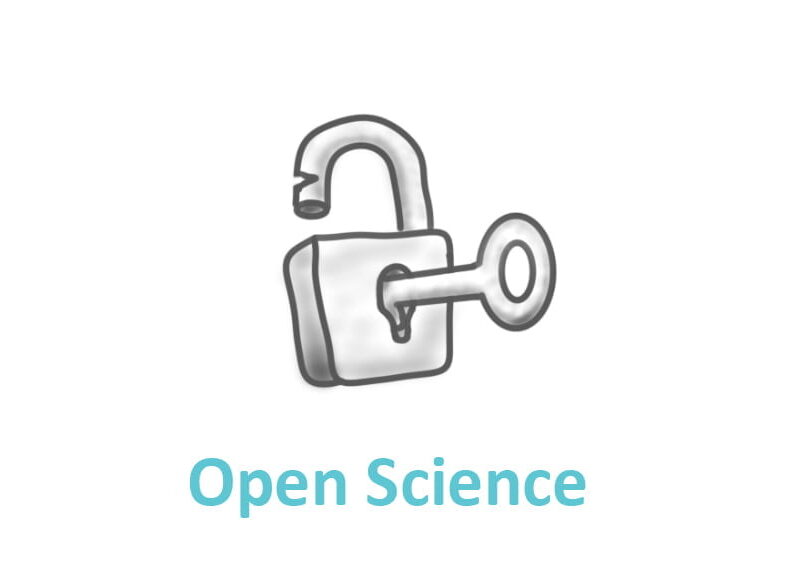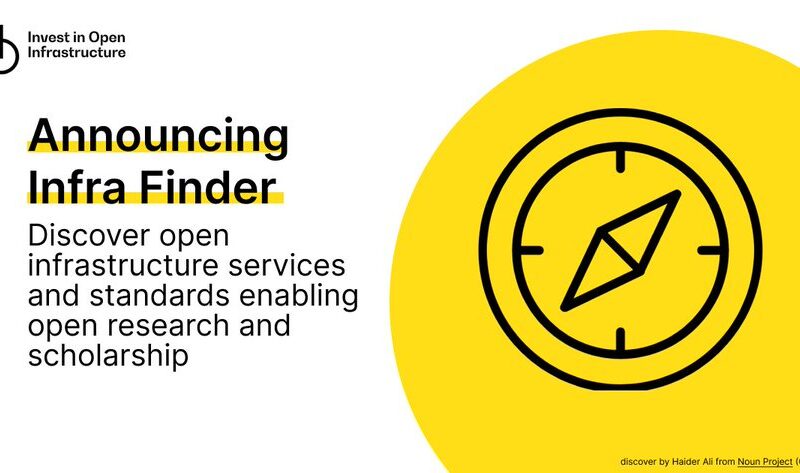Concepts of Open Science
Concepts of Open Science https://opusproject.eu/wp-content/uploads/2023/02/pexels-pixabay-159711.jpg 1 1 Open and Universal Science (OPUS) Project Open and Universal Science (OPUS) Project https://opusproject.eu/wp-content/uploads/2023/02/pexels-pixabay-159711.jpgThe concept of Open Science has become increasingly relevant in recent years, especially as concerns about the accessibility, transparency, and reusability of scientific research have grown. However, despite numerous attempts to define Open Science, there is still no widely accepted definition of this term. Some scholars argue that science has always been open in some sense, but the commercialization of scholarly publishing and the emergence of intellectual property rights have raised new questions about accessibility and reusability. Beginning in the 2000s, these concerns were consolidated under the banner of Open Science, particularly through the efforts of policymakers in the European Union.
While there is no consensus on what Open Science means, the term is generally understood as a transformative project aimed at making science more transparent, accountable, inclusive, and accessible. The vision of Open Science is that it should be more efficient, democratic, and collaborative than traditional scientific practices. However, it is important to recognize that different communities have different goals and understandings of what Open Science should be, and that the term may not be inclusive enough to encompass all research fields. Some scholars have suggested using the term Open Scholarship to broaden the scope of Openness to other disciplines.
Open Science and Open Scholarship represent a range of initiatives within the scientific system, rather than a single unified movement. These initiatives can be seen as responses to various crises in the science system, including an access crisis, a certification crisis, a quality of research crisis, and a trust crisis. For example, concerns about the quality and replicability of research have led to initiatives to provide open access to data, enabling more systematic and holistic quality assurance. Similarly, the rising costs of scholarly publishing have spurred initiatives for free access to publications and distribution, with the aim of making scientific knowledge more accessible.
Overall, Open Science and Open Scholarship aim to facilitate wider participation in the scientific enterprise by allowing stakeholders and different audiences to access, contribute to, and benefit from scientific research. The normative project of Open Science can be broken down into calls for transparency, verifiability, inclusion, and access to scholarly knowledge. These initiatives are also facilitated by socio-technological innovations, including digital infrastructures for publishing and communication that enable greater collaboration and participation.
- Post Tags:
- #OpenScience
- #ResearchAssessment
- Research
- Posted In:
- Open Science News




